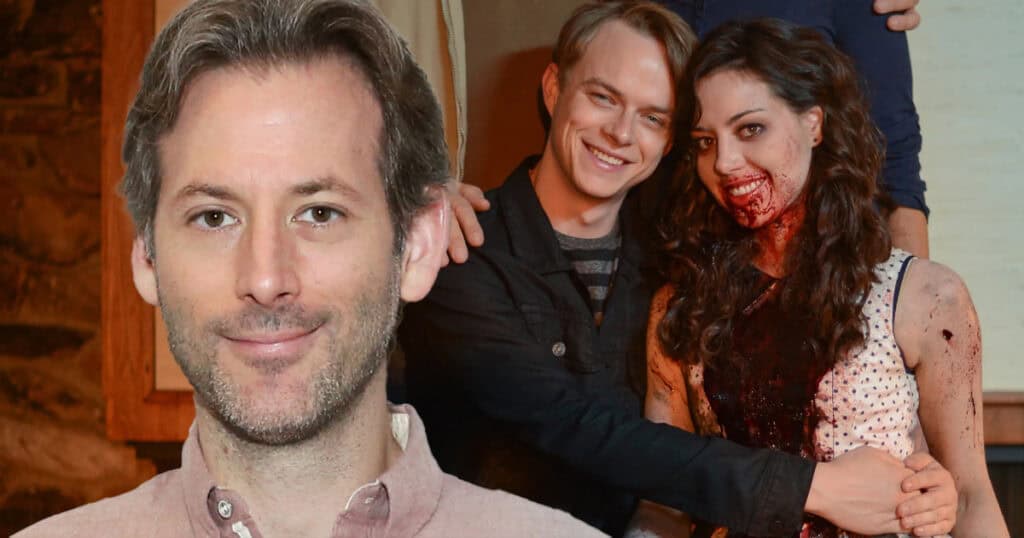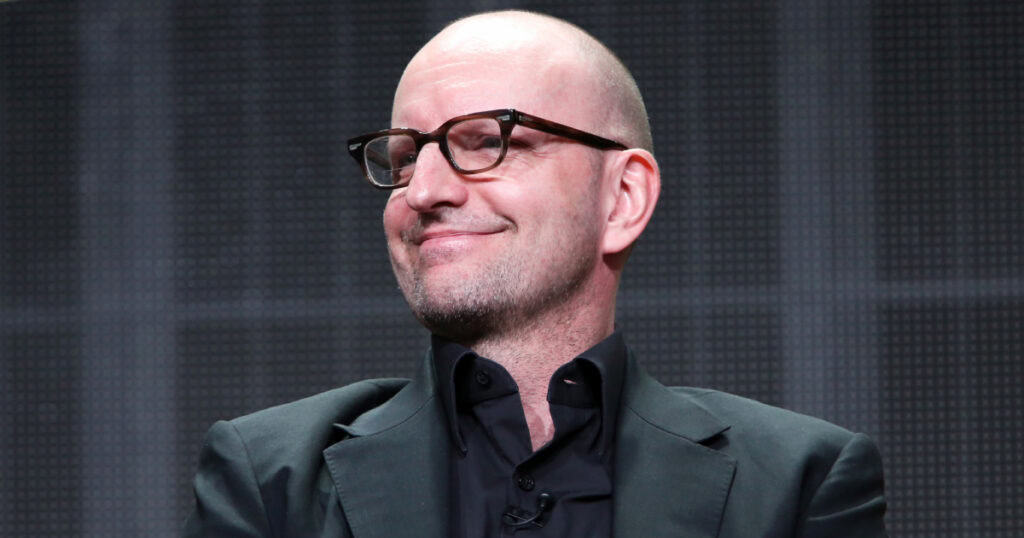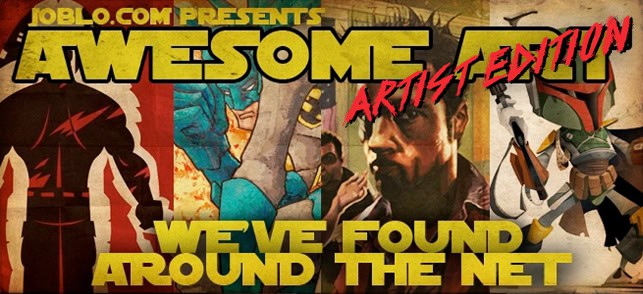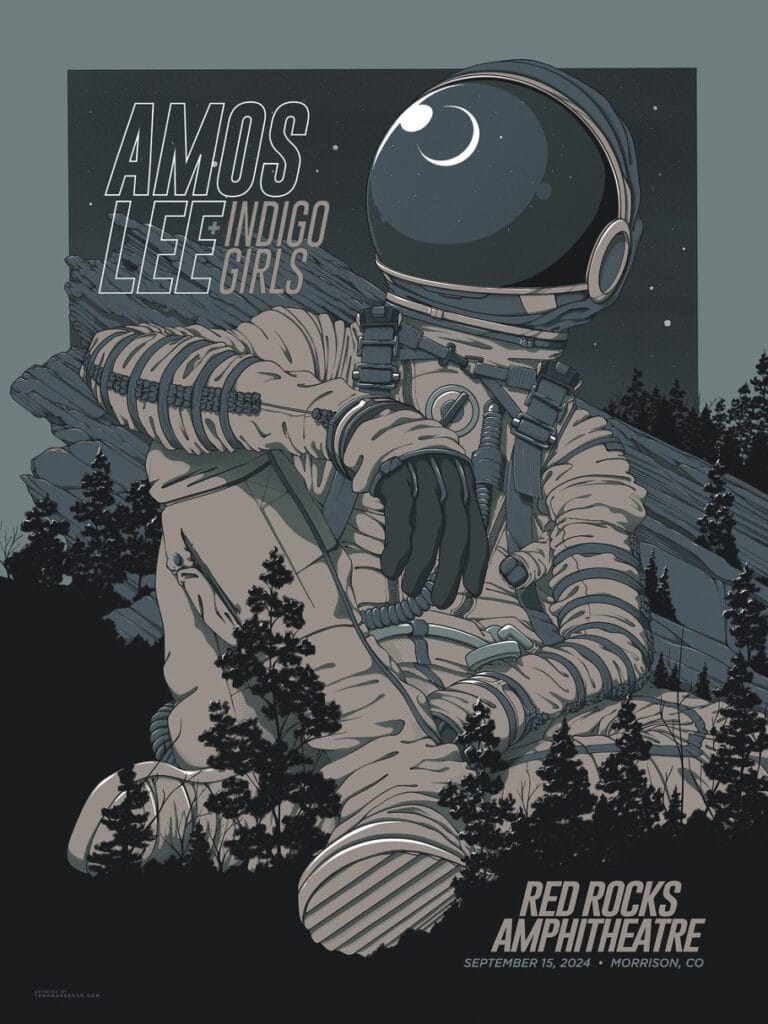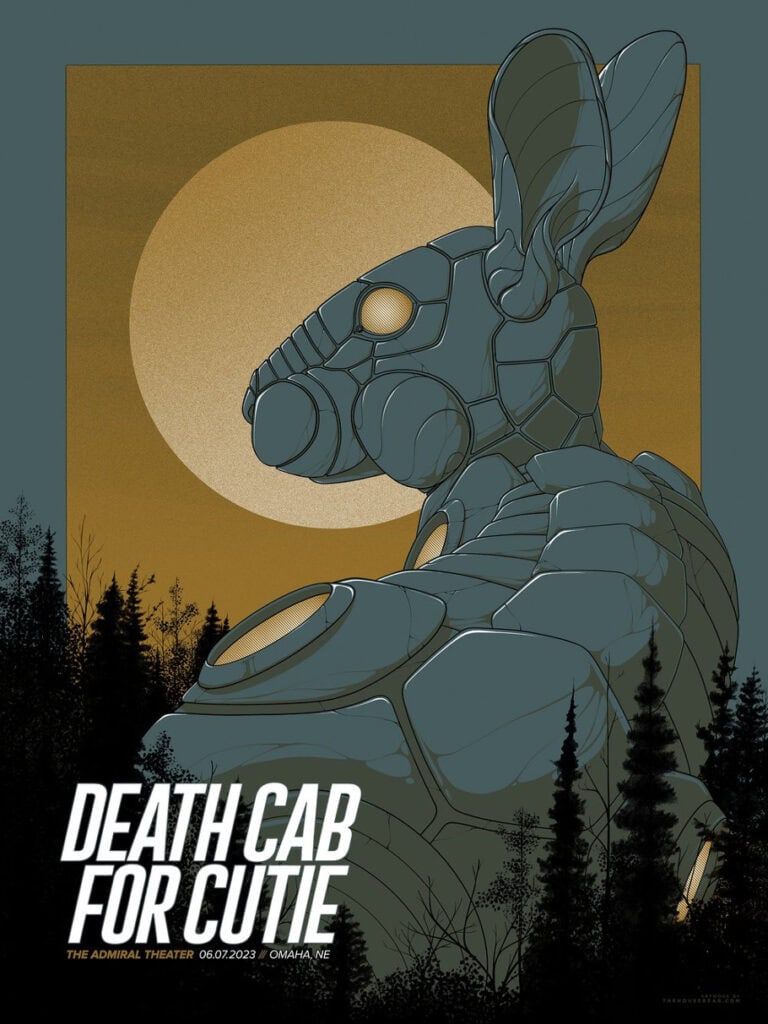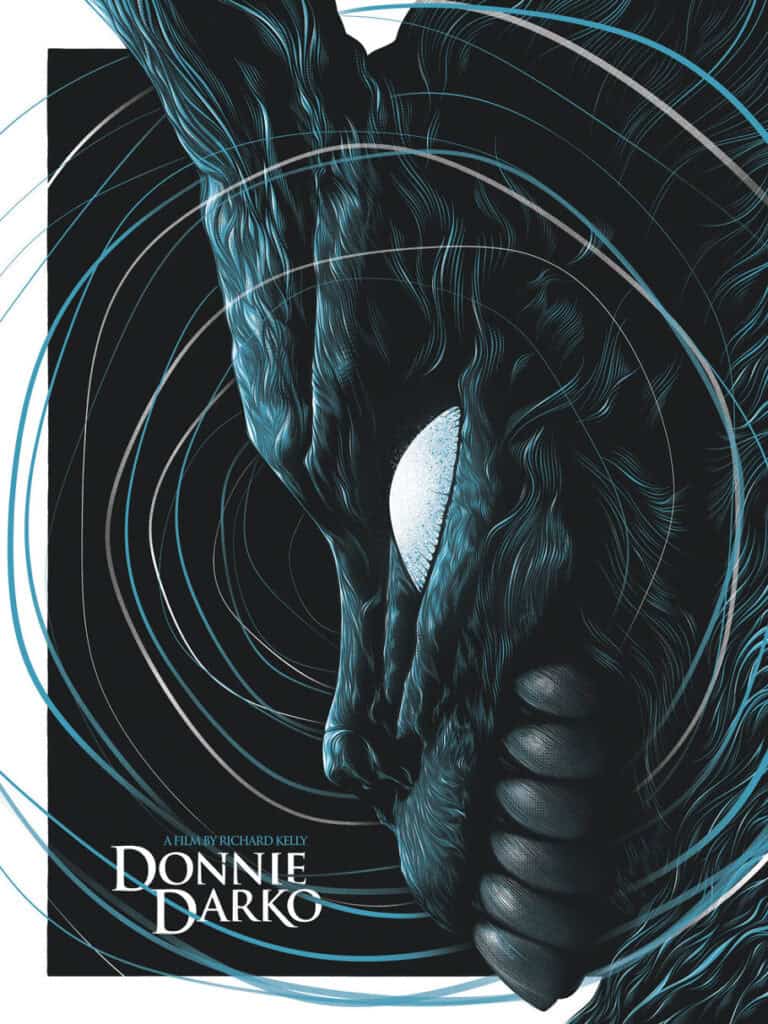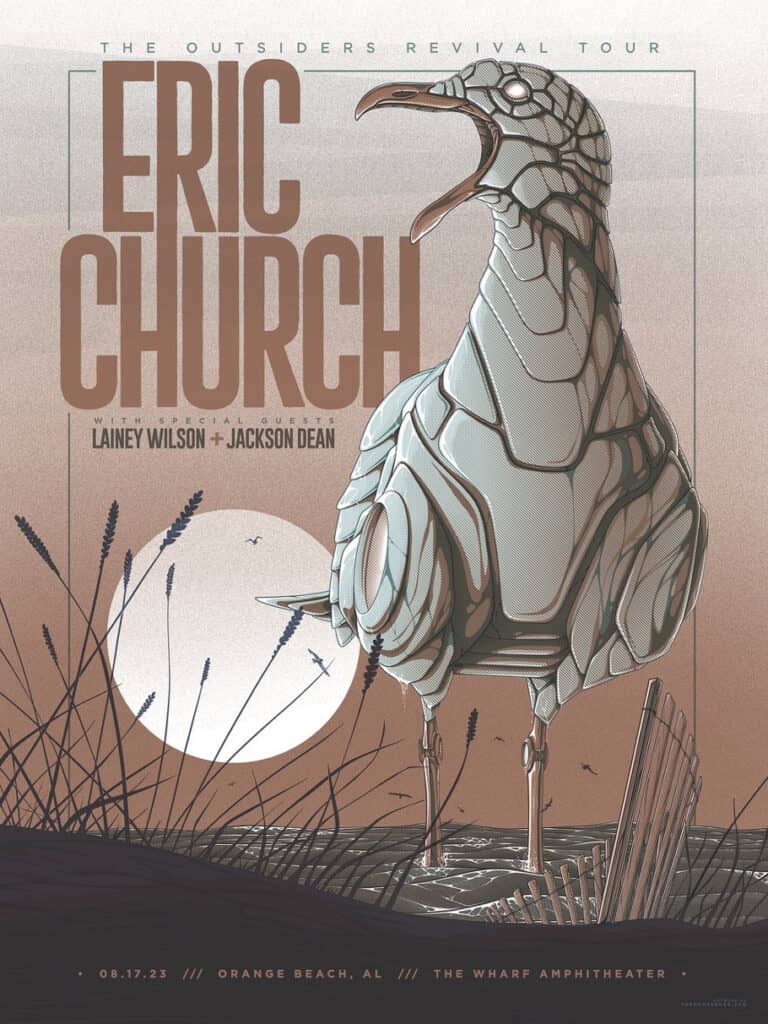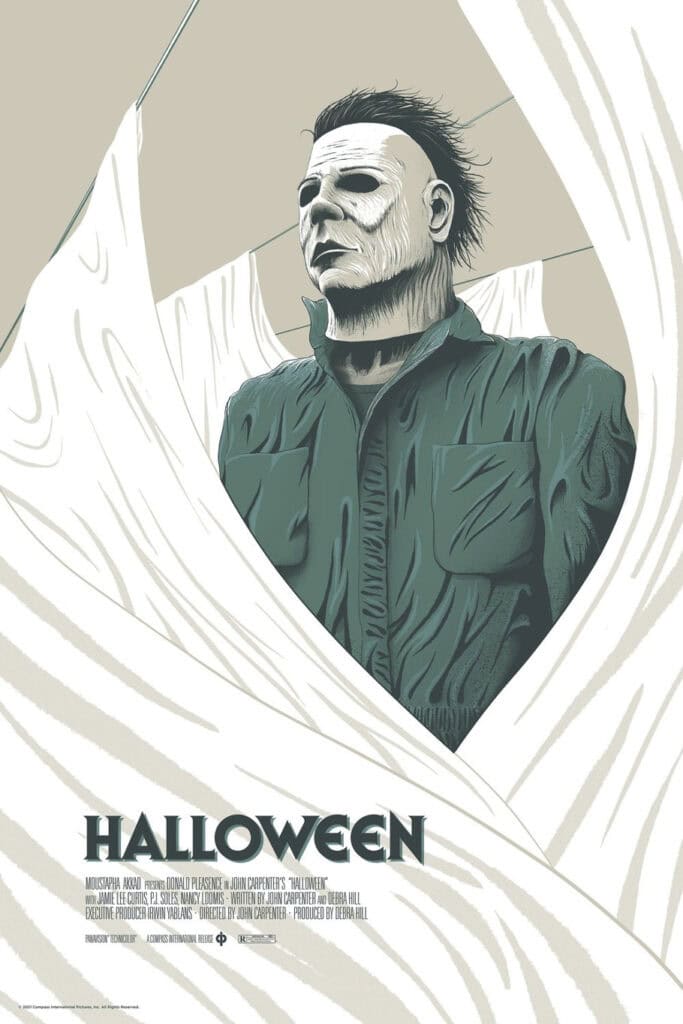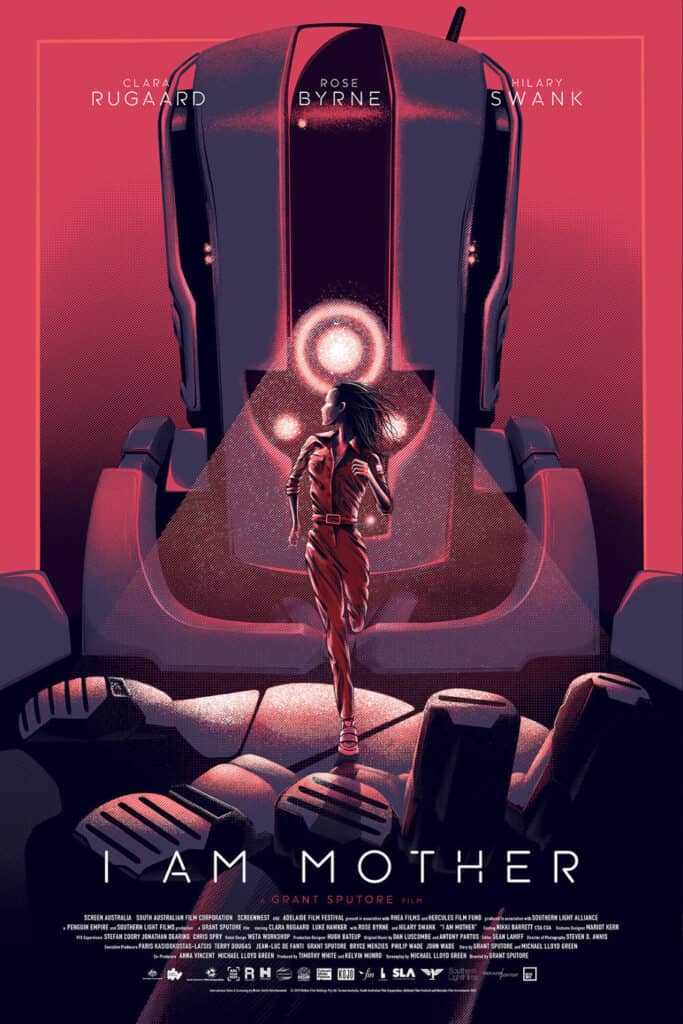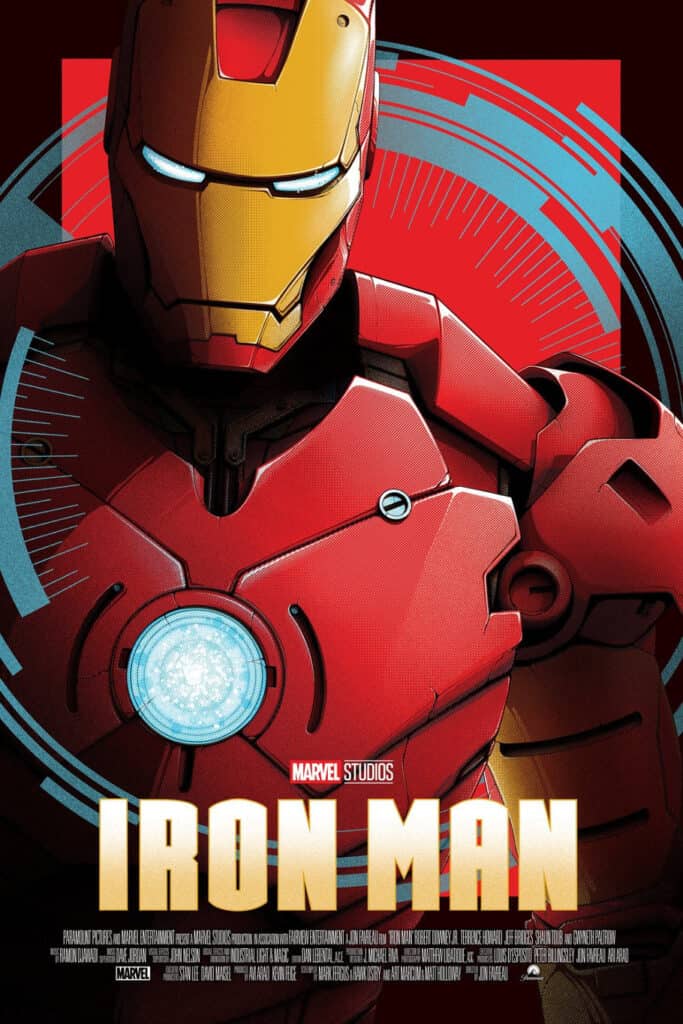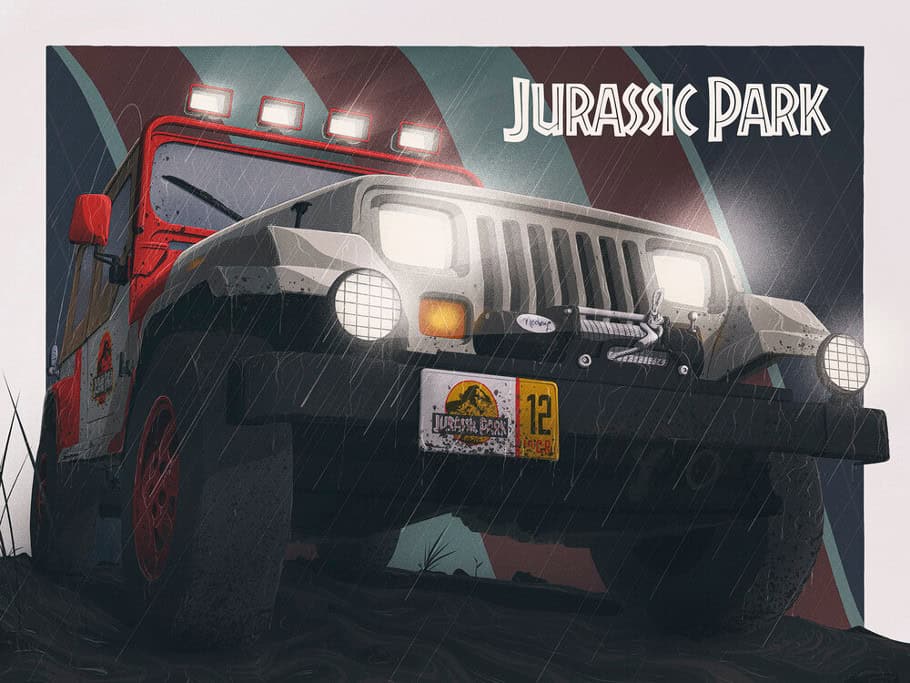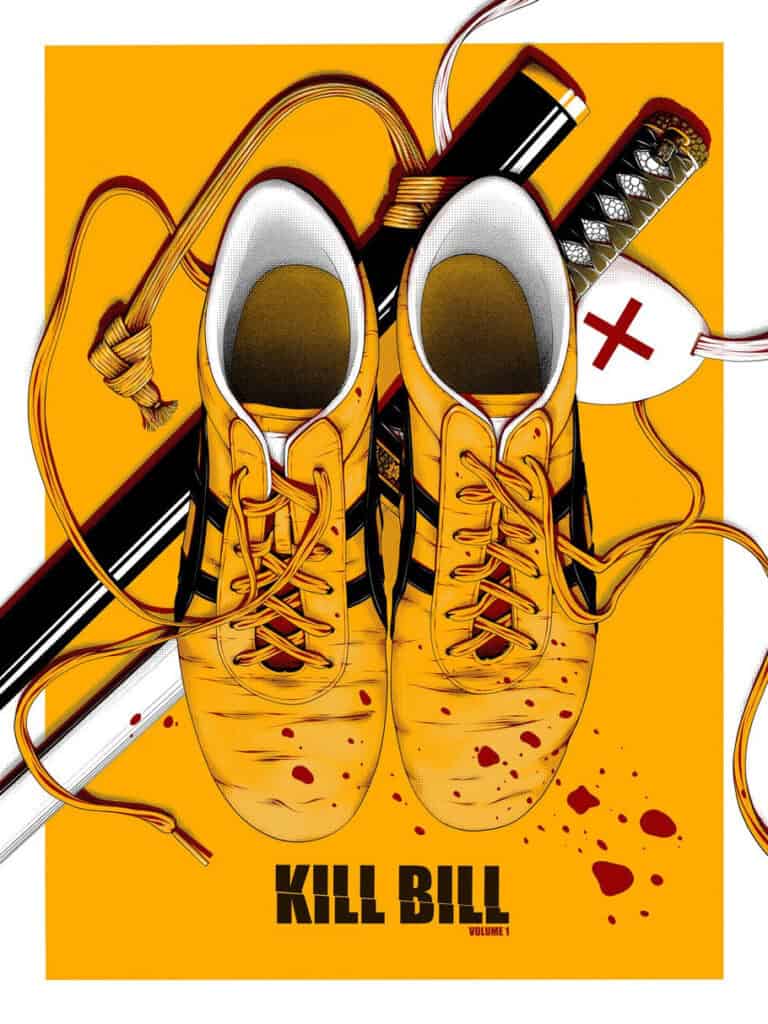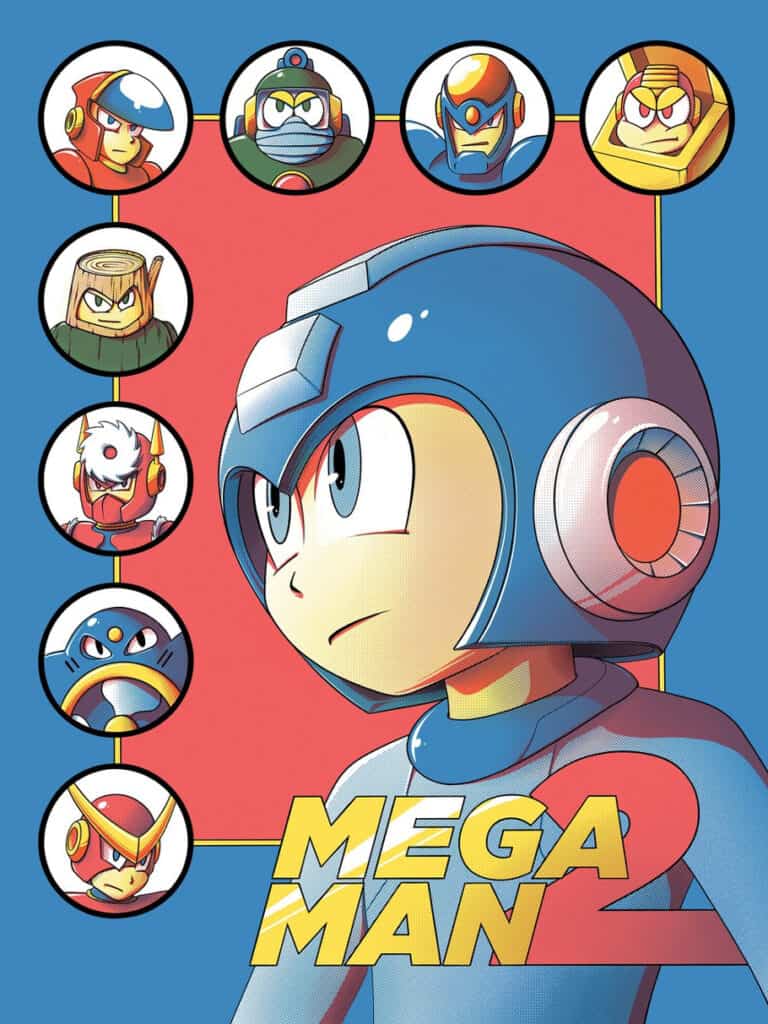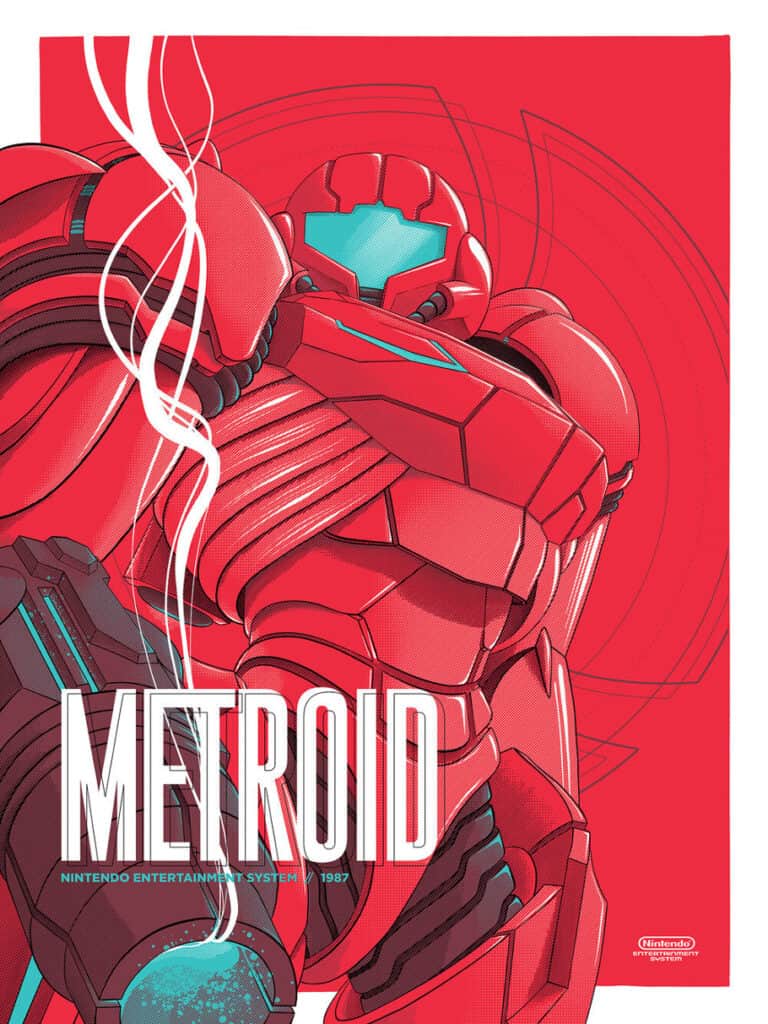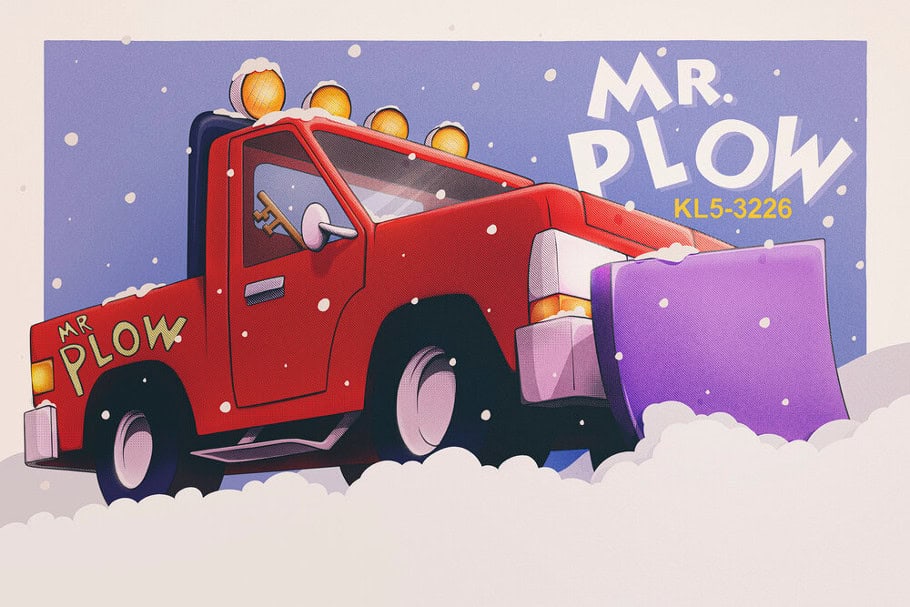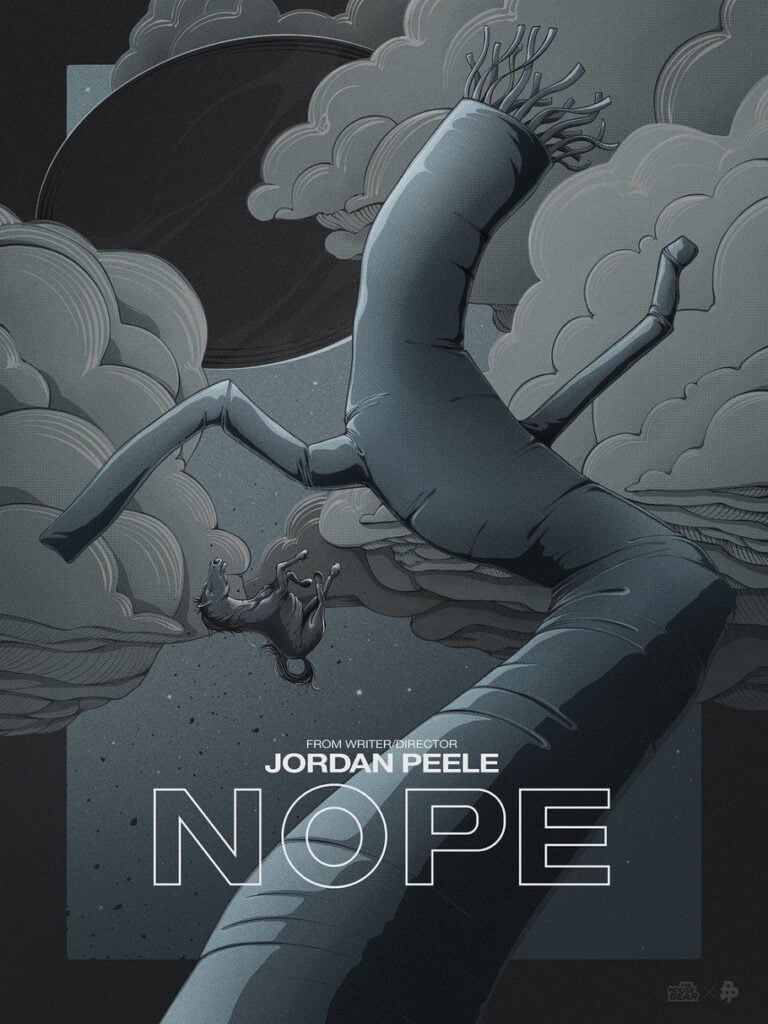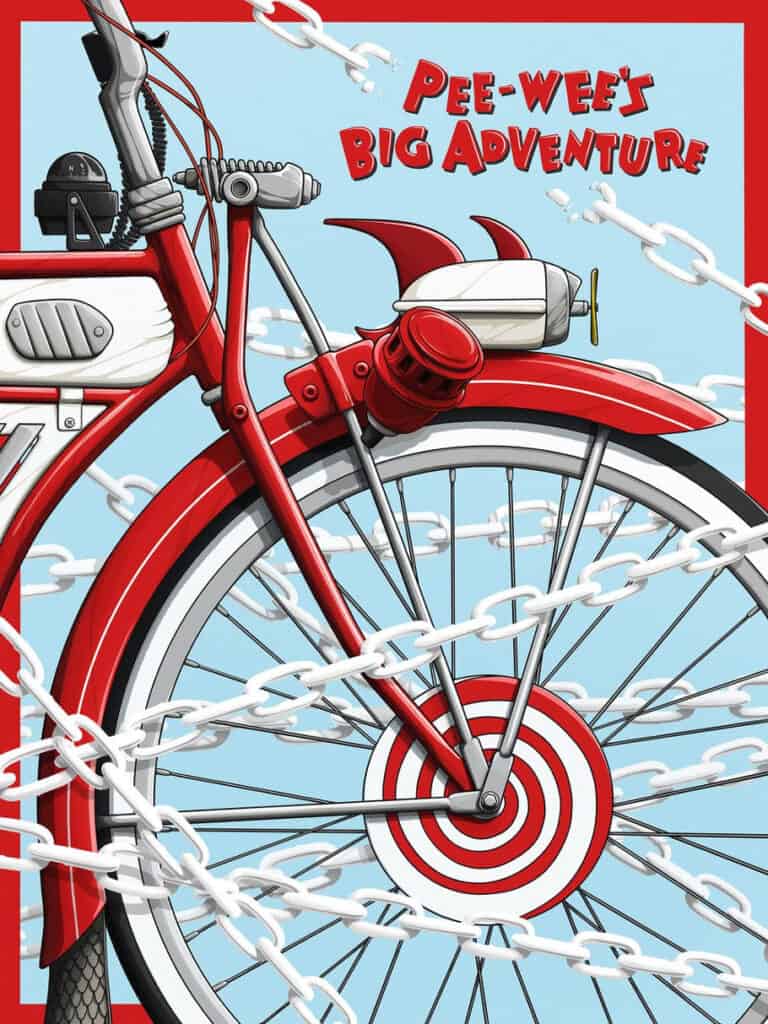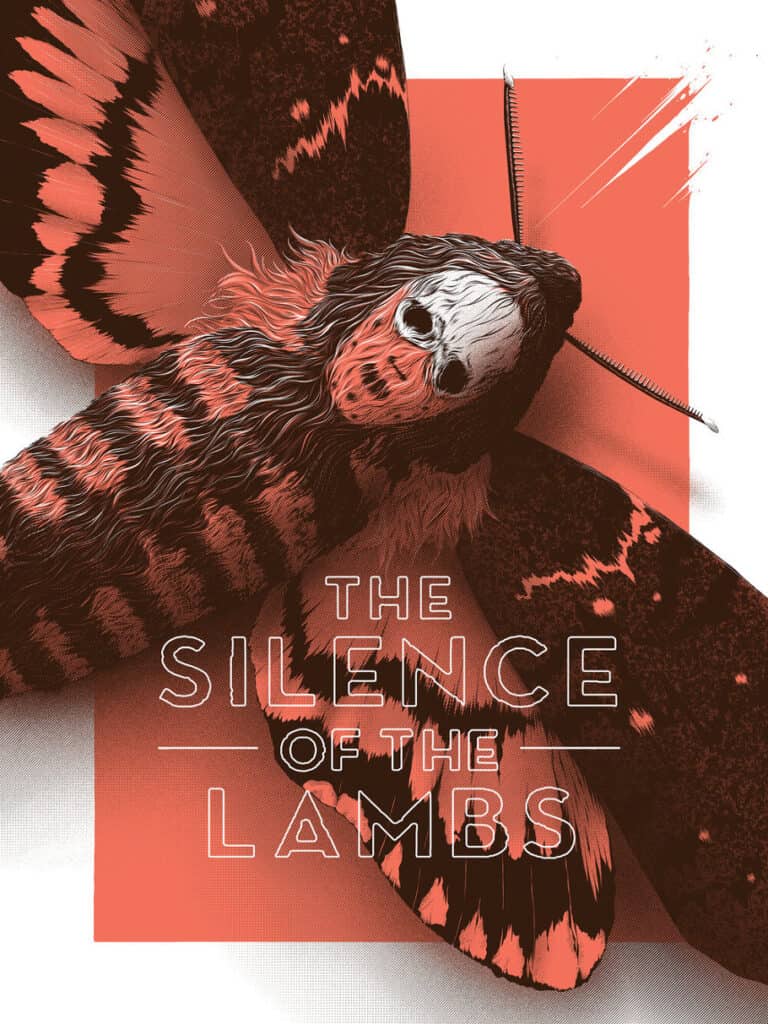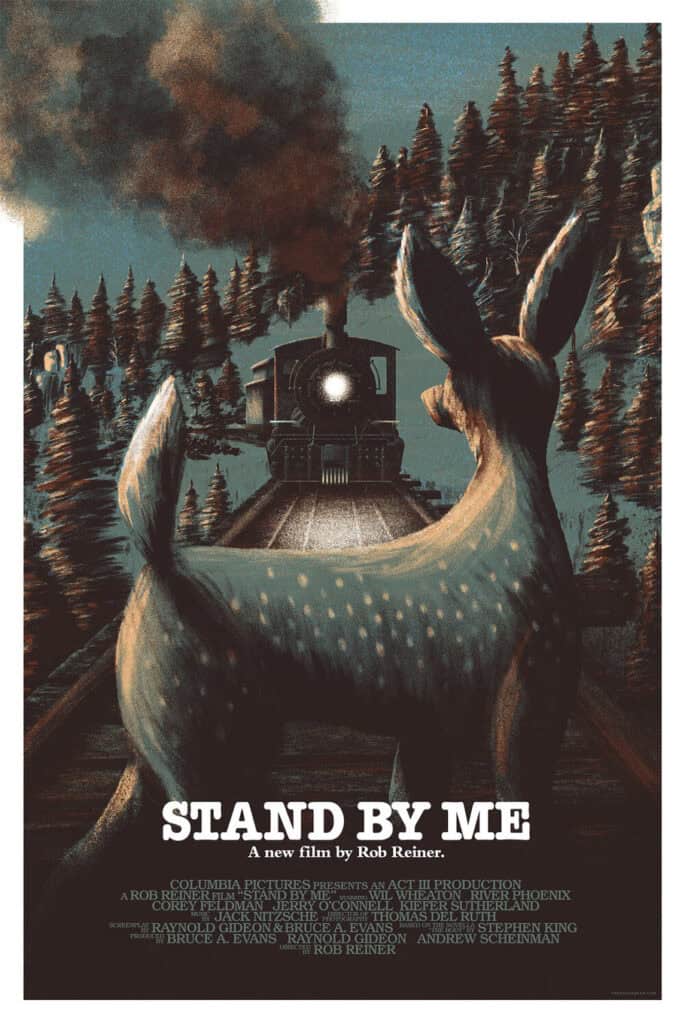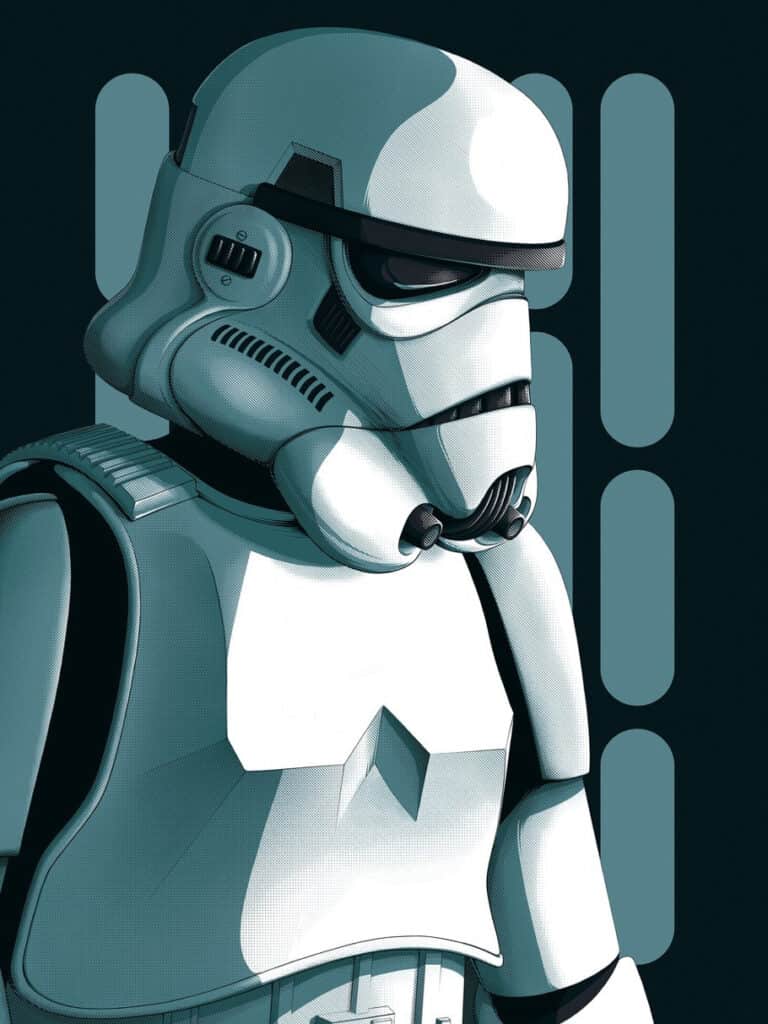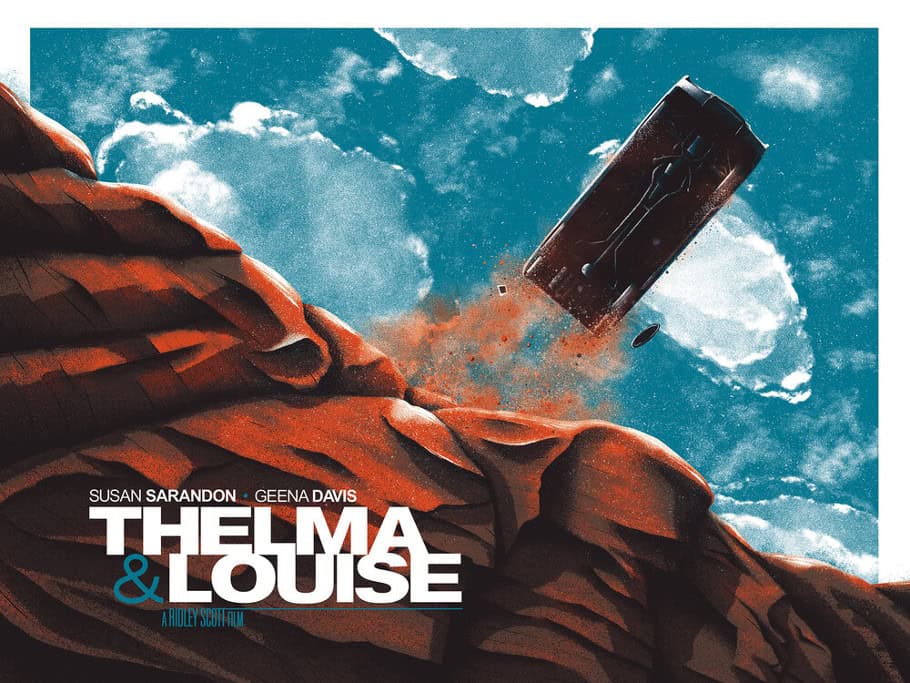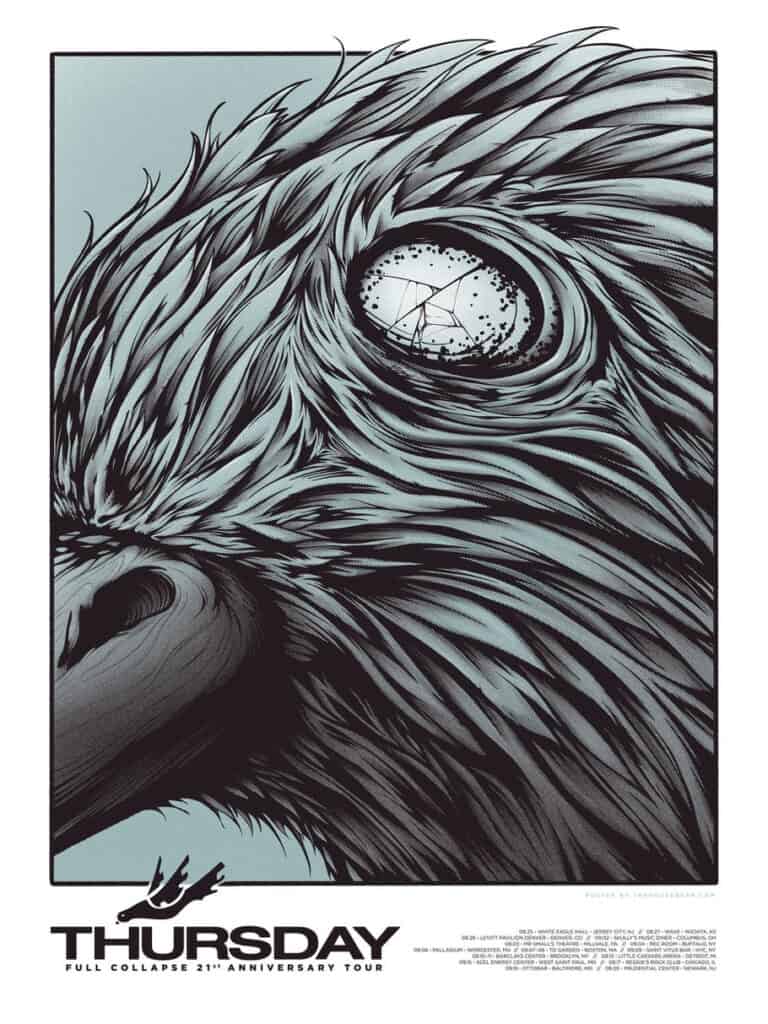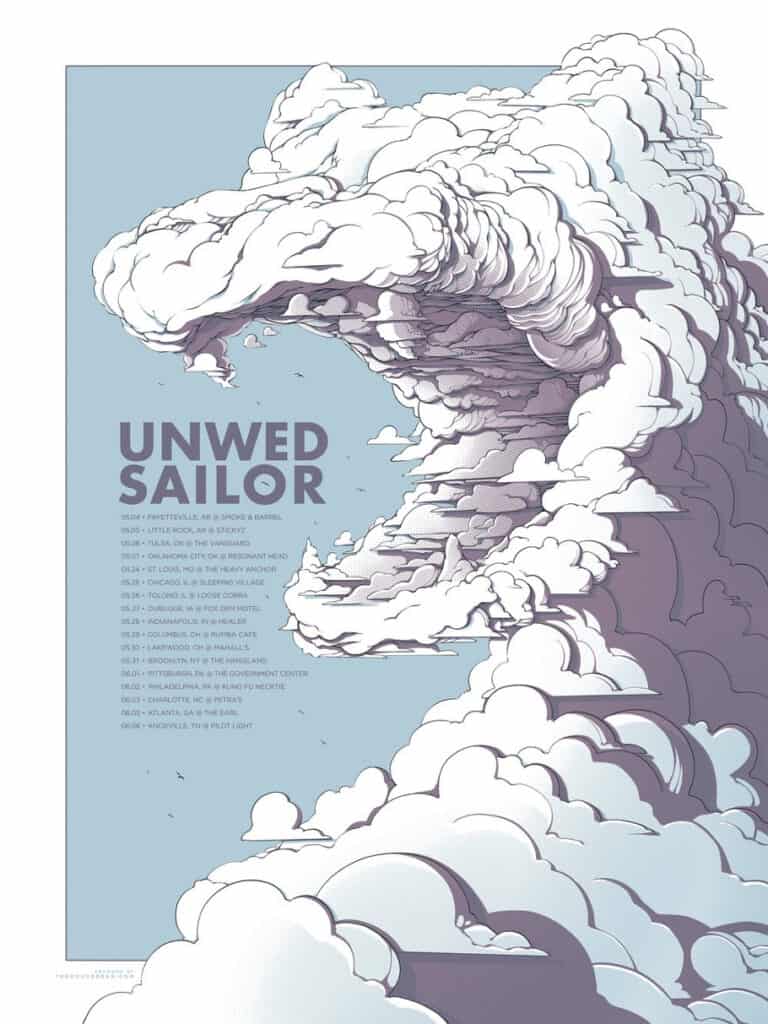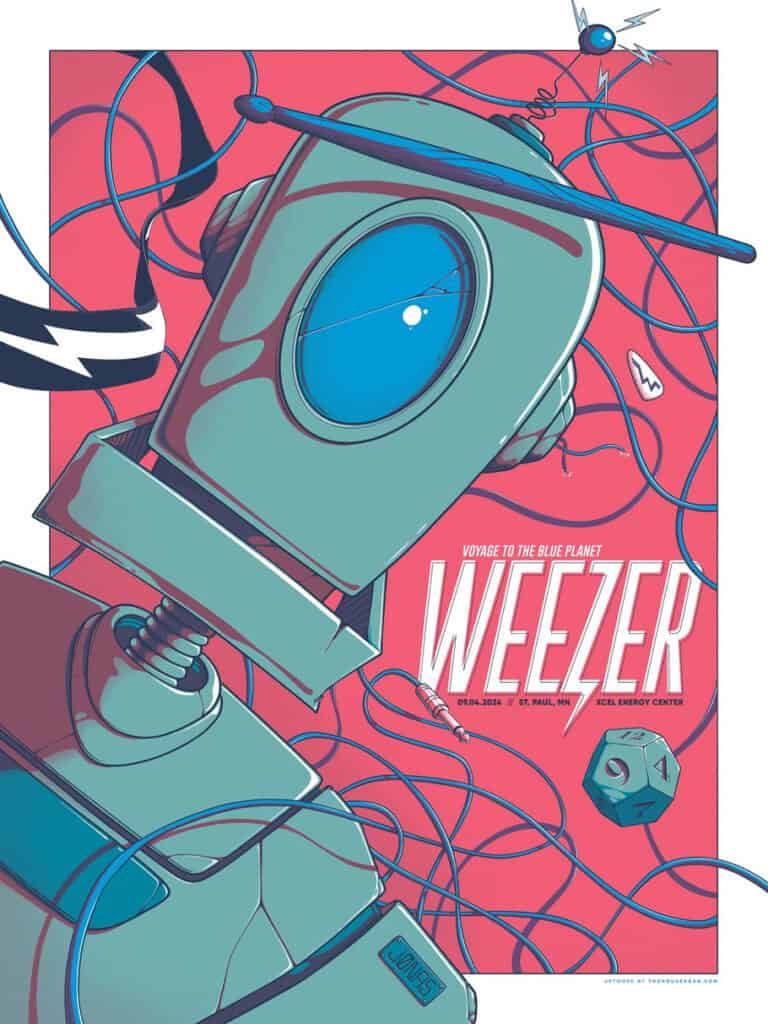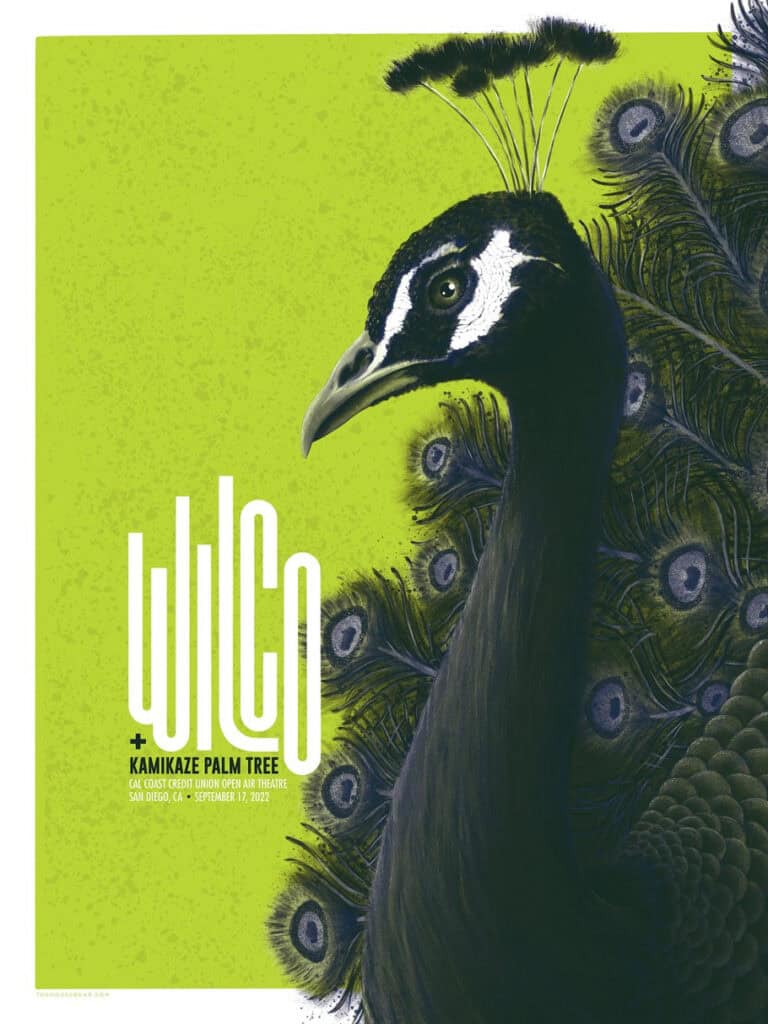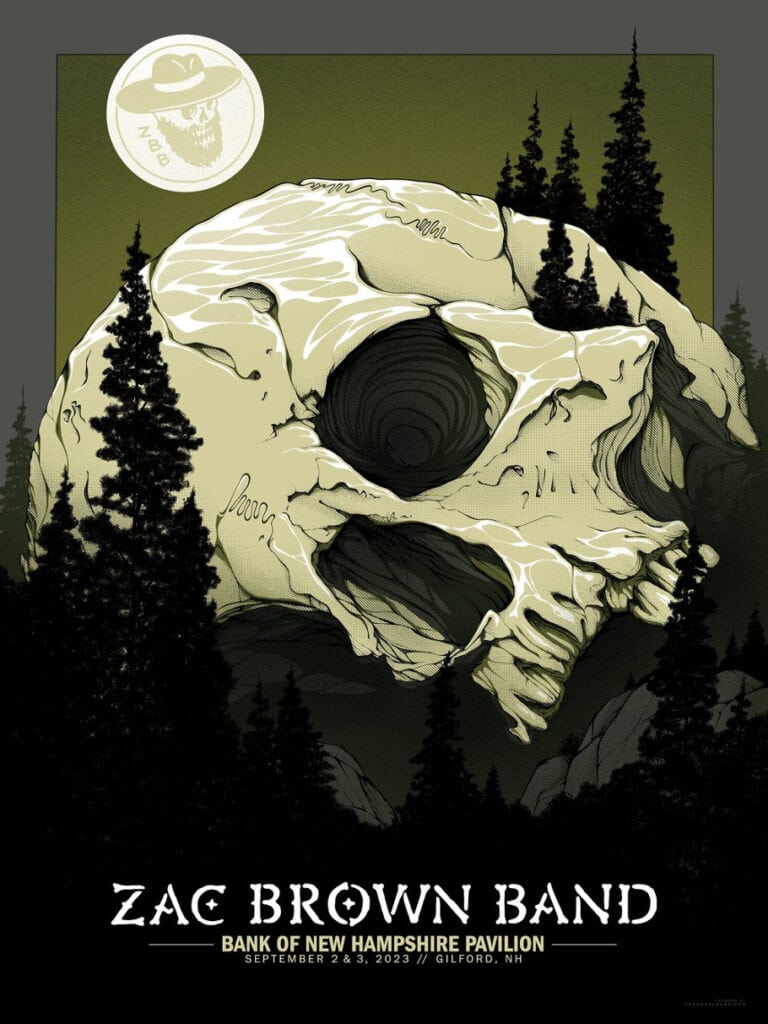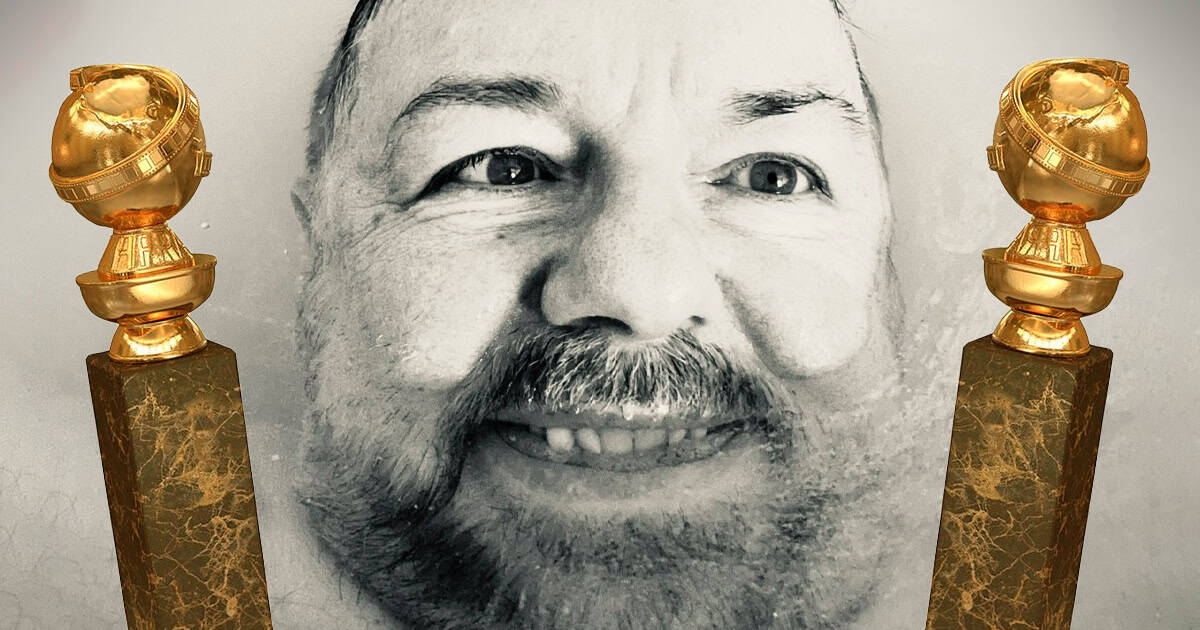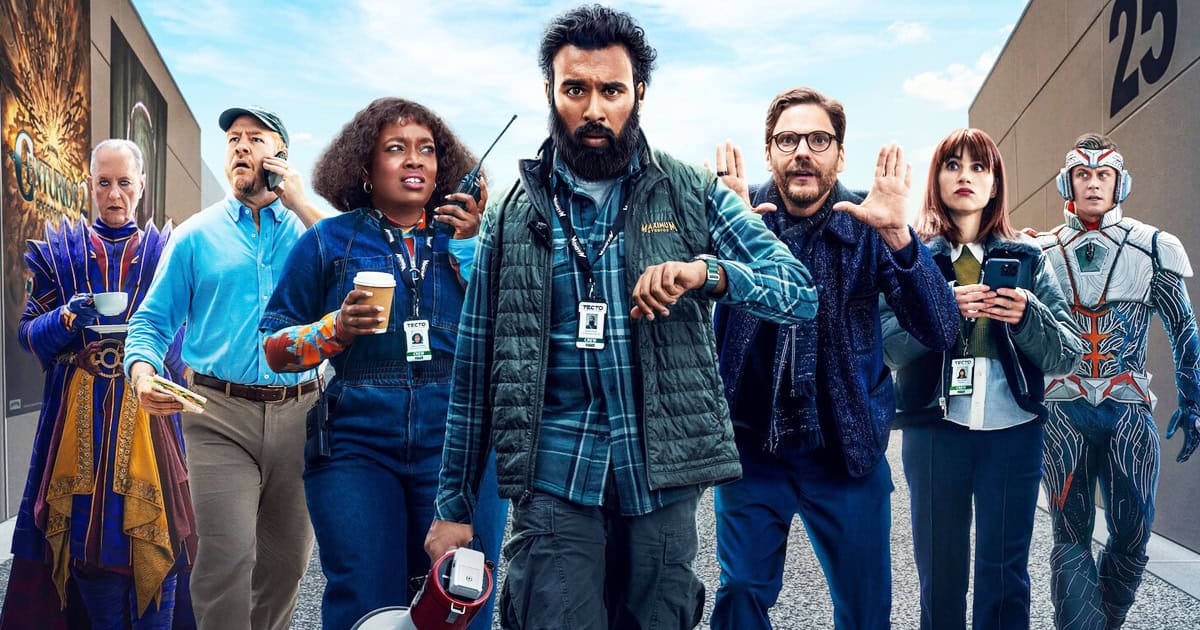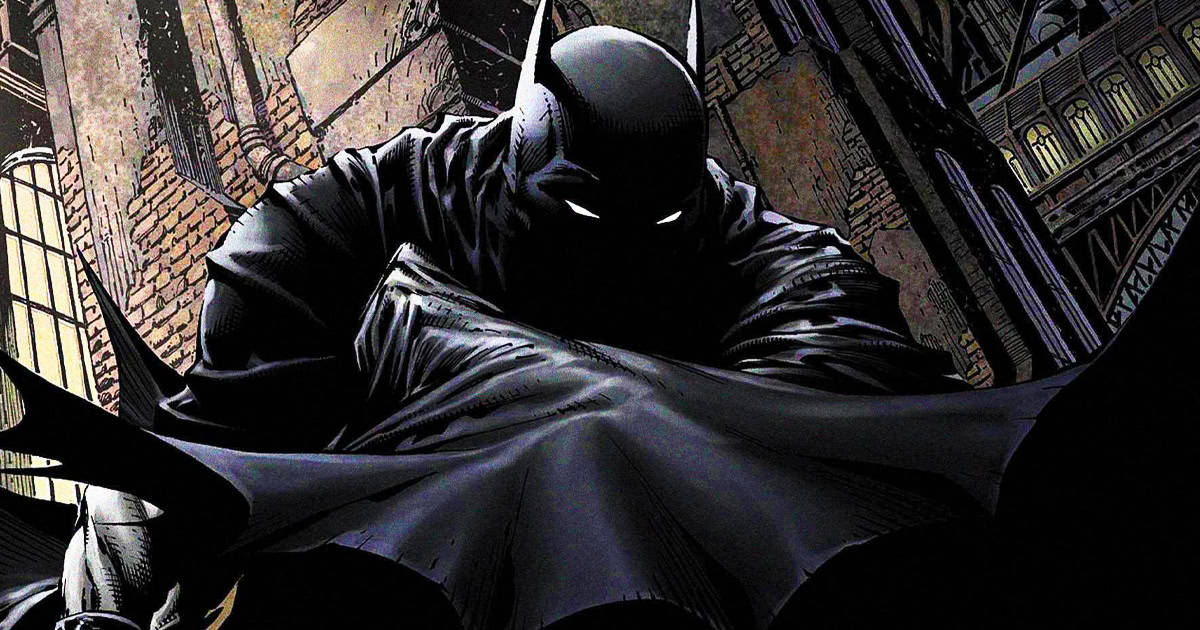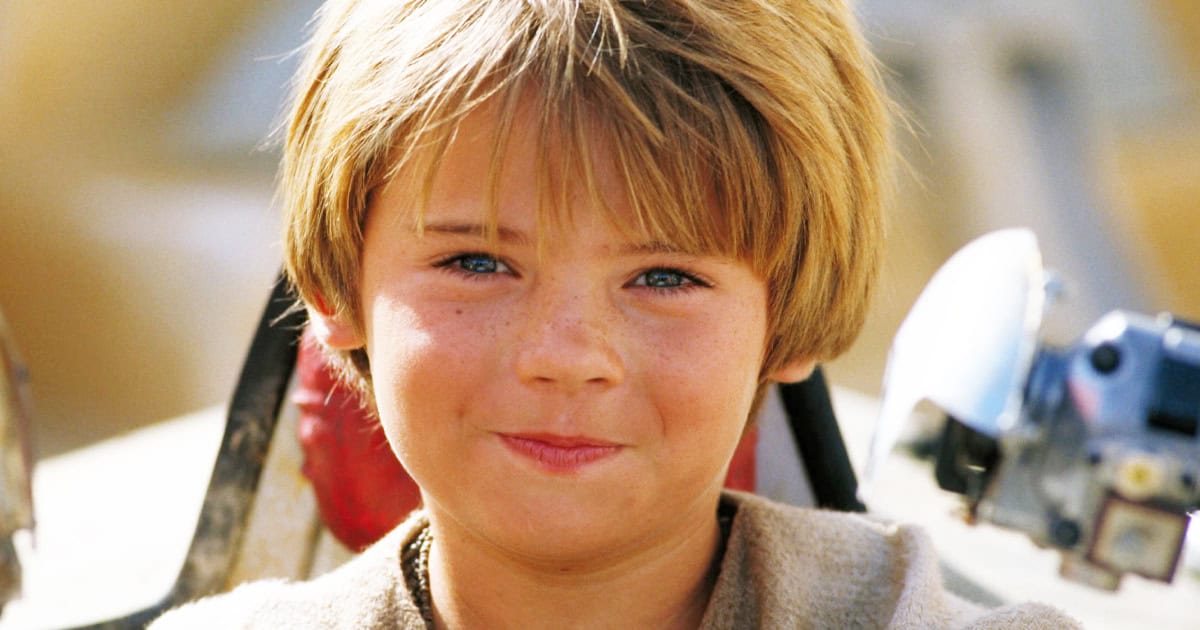Last Updated on January 6, 2025
For years, Awesome Art We’ve Found Around The Net has been about two things only – awesome art and the artists that create it. With that in mind, we thought why not take the first week of the month to showcase these awesome artists even more? Welcome to “Awesome Artist We’ve Found Around The Net.” In this column, we are focusing on one artist and the awesome art that they create, whether they be amateur, up and coming, or well established. The goal is to uncover these artists so even more people become familiar with them. We ask these artists a few questions to see their origins, influences, and more. If you are an awesome artist or know someone that should be featured, feel free to contact me at any time at theodorebond@joblo.com.This month we are very pleased to bring you the awesome art of…
Justin “The Housebear” Froning
Housebear, aka Justin Froning, is an international award-winning illustrator and designer from Northwest Arkansas specializing in screenprint posters, packaging, editorial, and advertising. A former professional musician, he first fell in love with the art of screenprint posters through being exposed to them on the road. He was soon designing them himself, and quickly grew accustomed to the low ink counts and minimalistic qualities necessary in the indie-rock world — later translating those techniques and sensibilities to pop culture and alternative movie posters. Today, his unique take on visual storytelling through iconography has garnered him work with some of his favorite bands, as well as numerous galleries and some of the largest companies in the world, including childhood dream clients such as Disney, Hasbro, and Marvel.
JOBLO: What got you started as an artist?
JUSTIN: I have fond memories of sitting at my dining room table for hours on end drawing Ninja Turtles, making up Mega Man characters, and creating levels for Sonic the Hedgehog. In 7th and 8th Grade, I had my one and only art class, and I’ll always appreciate Mr. Buchanon believing in my abilities. From there, I picked up a guitar and put down my art supplies. In high school and college, I played in a band and, being the late ’90s, we had to promote shows the old-school way — drawing pictures or compiling found objects and then going to Kinko’s to put it all together. Concert flyers were some of my first experiences with graphic design. After college and starting my career in the professional world, I got a call to come audition for a band called Deas Vail. With some amazing encouragement from my parents, I left my job and spent the next 6 years as a professional musician, touring, writing, and recording full time with some of the most creative and fantastic people I’ve ever met. We had a blast, built lifelong friendships, and learned a lot about running a business. I spent a lot of the time on the road honing my graphic design skills, and created a good amount of merch items for us and a few other bands. At one point, we were on tour with Copeland, and someone came to the show with limited edition screen printed posters for the show that were different than the tour admat and I was blown away. A few shows later, I ran across a poster book from The Small Stakes (Jason Munn). I instantly became a collector of concert posters, and found great inspiration through artists like Don and Ryan Clark at Invisible Creature and Kevin Tong. I eventually started trying to create posters of my own, and soon decided to pick up a pen for the first time in a decade to see what would happen if I tried to draw by hand. I combined that with the graphic design skills I had picked up and the rest is history. The things that have inspired me to draw seem to have always been tied to the things I enjoy watching, playing, or feel nostalgic about, so pop culture and music has been a natural fit from a professional art standpoint.
Who were some of your favorite artists growing up?
I didn’t really grow up as an art kid, but I was definitely inspired by the comics I read. Adam and Andy Kubert always blew me away, and I also really enjoyed Jim Lee. Asian art stylings captivated me from an early age, with Hokusai and Hiroshige being the standouts. Their work with woodblock prints left an incredible impression on me, and I still feel a bit overwhelmed when I find one of their prints in a museum. Hayao Miyazaki’s films have served as an unending pool of inspiration, and Katsuhiro Otomo’s work on the Akira manga and film is just unbelievable. When I started collecting posters, Invisible Creature, Kevin Tong, Olly Moss, and Jason Munn captivated me.
Who do you really dig these days, follow on Instagram?
I have the great privilege of enjoying a wonderful and encouraging community within The Billing Bloc. I follow and enjoy everyone within that group and have to give an extra shout out to Chris Koehler who has become one of my closest confidants with critiques and brainstorming. My pal James Hobson has both given me very exciting opportunities through The Moon-Art Gallery and supplied a lot of encouragement through the years. In no particular order, artists who inspire me and bring me joy are Ken Taylor, Oliver Barrett, Dakota Randall, Lucas Tetrault, Dan Schlitzkus, Danny Haas, Aren Vandenburgh, Simon Marchner, Drop Mag, Livio Ramondelli, Glen Brogan, Tom Whalen, Laurent Durieux, Garbhán Grant, Benedict Woodhead, Julián Rodríguez, JetPacksAndRollerSkates, Dan Black of Landlord, Shawn Ryan, Krzysztof Domaradzki, Grzegorz Domaradzki, and my amazing wife Ciara Froning.
What advice would you have for budding artists today?
I’d say it’s important to do what you love and be tenacious. Possibly the most important thing is to be kind and enjoyable to work with. If you are talented and genuinely pleasant to be around, I guarantee you’ll get more work than a more talented individual who is bristly. I still pinch myself at the thought of some of the dream clients I have the honor of working with, and I don’t believe I’m anywhere near the most talented person they could choose, but I try to be a good listener and strong collaborator. It’s okay to believe in your vision while still listening to a client’s suggestion that might make it better. It’s also okay to defend your idea with kindness if your intent is to make the project better rather than just trying to prove a point or have it your way. Most of the great clients I have came through me just doing what I love and they found me in rather unexpected ways. Disney came through band posters. One cool band comes from them seeing your work for another cool band. Just keep your eye on the ball and create what you believe in, and the clients will see you eventually. Once you feel like you have a reasonable portfolio, feel free to cold-call. It’s scary, but it’s good practice for introducing yourself and owning up to your skills.
What should we be looking out for from you in the future?
That’s a great question. I’m enjoying straddling the fence between film work and band posters. Both types of clients are rad to work with in their own ways, and I love the creative freedom that often comes through concert and tour posters — plus, it lets me stay connected to an industry I’m passionate about while enjoying the ability to stay at home with my family. I’ve been doing more album artwork lately, and finding myself enjoying that quite a bit, so probably a bit more of that soon as well.
Being a fansite, we have to ask you… What are some of your favorite movies/TV shows of all time?
Oh man, well, my all-time favorite movie is The Shawshank Redemption. Some others at the top of my list that come to mind would be Alien, Howl’s Moving Castle, Princess Mononoke, Akira, Back to the Future, The Edge of Tomorrow, The Dark Knight, Aliens, The Royal Tenenbaums, Moonrise Kingdom, The Iron Giant, The Transformers Movie (1986), Castle in the Sky, Gladiator, Braveheart, 21 Jump Street, 22 Jump Street, Snatch, Valhalla, Fight Club, and Stranger Than Fiction. For shows, I’m a big fan of Hannibal, Mobile Suit Gundam: The 08th MS Team, Blue Eye Samurai, I Think You Should Leave, Detroiters (I could watch Tim Robinson and Sam Richardson all-day every day), What We Do in the Shadows, Thundercats, and Voltron. I honestly think the new Voltron: Legendary Defender series is an improvement upon the show I grew up with, and that’s pretty rare for me when you’re going up against childhood nostalgia.
Scroll down to check out some of our favorite art pieces from Justin as we continue to follow his journey across his Website and social media hubs: Instagram / Shop
Amos Lee & Indigo Girls
Death Cab For Cutie
Donnie Darko
Eric Church
Grimlock
Halloween
I Am Mother
Iron Man
Jurassic Park
Kill Bill Vol. 1
Mega Man 2
Metroid
Mr. Plow
Nope
Pee-Wee’s Big Adventure
The Silence Of The Lambs
Soundwave
Stand By Me
Stormtrooper
Thelma & Louise
Thursday
Unwed Sailor
Weezer
Wilco
Zac Brown Band
The post Awesome Art We’ve Found Around The Net: Justin “The House Bear” Froning appeared first on JoBlo.
